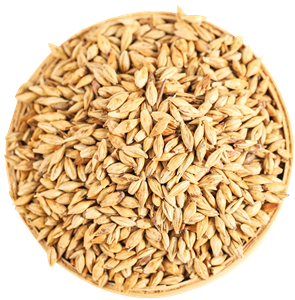A Comprehensive Guide to Grain Importers
Grain is an essential part of the human diet and therefore its importation is a highly important industry. This article will provide readers with a comprehensive guide to grain importers, describing how they operate, what types of grain they import, and how this process is regulated. You can also navigate to US Grains if you want to know more information about grain importers.

Grain importers are companies that handle the importing of grain from other countries into the United States. They act as middlemen between the exporters of grain in other countries and the end-users of grain in the United States. They manage the transportation, storage, and delivery of the grain, as well as necessary paperwork and documentation.
The types of grain that importers typically handle include wheat, corn, rice, barley, oats, rye, millet, sorghum, and other various grains. Depending on the country of origin, the types of grain imported may vary. For example, some countries specialize in certain grains, while others may have a more diverse selection.
To ensure the safety and quality of grain imports, the United States Department of Agriculture (USDA) has established a number of regulations. Importers must be registered with the USDA, and must adhere to all applicable regulations. This includes providing certificates of origin for the grain, as well as verifying the quality of the grain.
In addition, grain importers must be aware of the requirements of the countries they are importing from. For instance, some countries may require that grain is treated with certain chemicals or processes before it is brought into the US. Importers must also be aware of any import taxes or tariffs that may be applicable to the grain.
